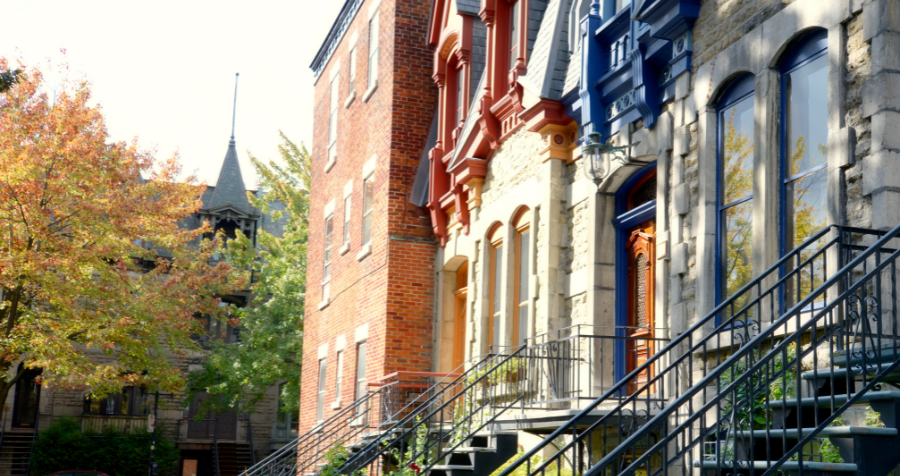Montreal cracks down on Airbnb
The City bans rentals of 31 days or less, except in the summer

News
The City of Montreal is making a bold move to put an end to illegal short-term rentals like those found on Airbnb. From now on, all short-term rentals will be prohibited in primary residences, except during the summer and only for homeowners with the required permit. This new regulation is expected to significantly impact many condominiums where such rentals have been common.
Stricter Regulations on Short-Term Rentals
According to Mayor Valérie Plante, too many people are still exploiting loopholes in the current system, which allows primary residences to be rented for 31 days or less. Starting June 10, these rentals will only be permitted from June 10 to September 10, and only for those who have obtained the appropriate permit. Some exceptions will remain, such as during the Formula 1 Grand Prix, which will be held in May starting in 2026. Short-term rentals will still be allowed year-round in areas where commercial tourist accommodations are permitted, as well as for long-term rentals.
A Response to the Housing Crisis
The City estimates that around 4,000 rental units have been removed from the market to be used as short-term Airbnb-style rentals, worsening the housing crisis. However, only 2,140 registration numbers have been issued by the Quebec Tourism Industry Corporation (CITQ), as required by provincial law. This means that half of these short-term rentals are already operating illegally, some of them possibly located in condominiums.
Several boroughs in Montreal had still allowed short-term rentals year-round, but only for primary residences rented occasionally. However, various schemes have been used to bypass the law, such as using fake registration numbers or front persons.
Stronger Penalties for Violators
A new municipal bylaw, set to be adopted on March 24, will complement Law 25, which requires platforms like Airbnb to verify the compliance of rental listings. However, the enforcement process remains slow and complex—of 920 inspections conducted in 2023, only 126 violations were recorded.
Mayor Plante’s administration plans to double the number of inspectors to issue immediate fines of $1,000 per illegal night and $2,000 per day for repeat offenses. This stricter enforcement aims to shorten the current one-year delay between a complaint and a penalty. Moving forward, the burden of proof will fall on offending property owners rather than the City.
A Controversial Measure
The Quebec government fears that an outright ban on short-term rentals in Montreal will lead to a rise in illegal practices and harm the tourism industry. Tourism Minister Caroline Proulx warns that this decision could bring back the "Far Web," a situation that Law 25 was specifically designed to control. She also argues that the move could damage Montreal’s reputation and endanger tourists, while criticizing Mayor Plante for not addressing housing issues sooner.
On the other hand, Housing Minister France-Élaine Duranceau maintains that Quebec has provided cities with all the tools necessary to regulate short-term rentals, and that Montreal is acting within its rights.
Airbnb believes these restrictions will unfairly penalize responsible hosts and hurt the local economy. Meanwhile, the municipal opposition argues that enforcement mechanisms remain insufficient to properly implement these rules. In contrast, the Greater Montreal Hotel Association and housing advocacy group FRAPRU welcome the decision, saying it will help protect rental housing, though its accessibility remains uncertain.
With information from La Presse and Radio-Canada.
Login to view this content
Become a member
Access all our services and a vast network of experts by becoming a member of the RGCQ.